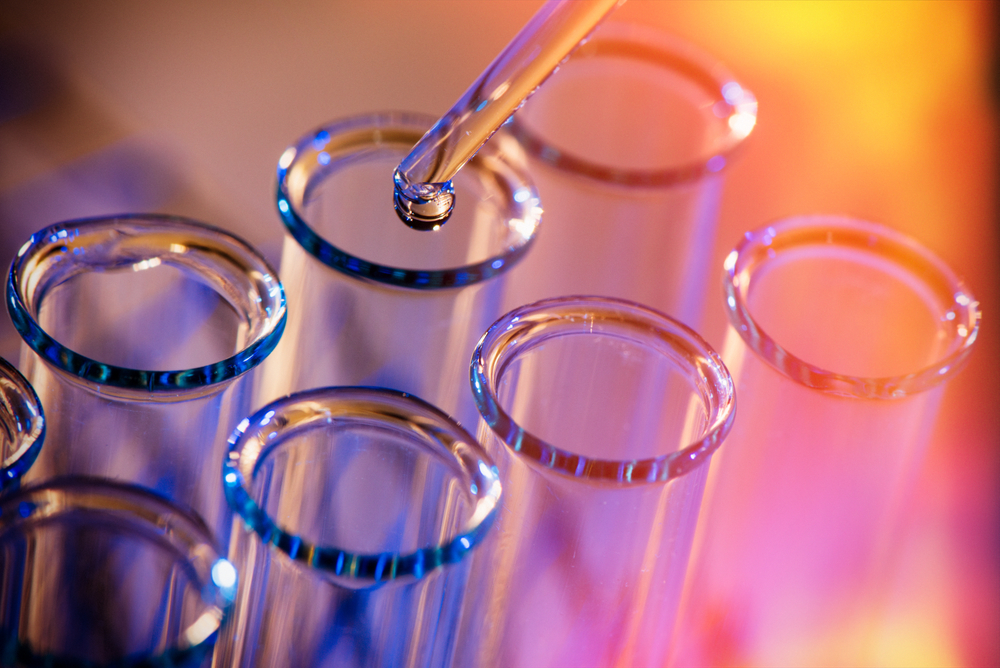An article in Nature Journal confirms previous evidence that raised homocysteine levels are a likely primary predictor and potential cause of the brain damage that identifies Alzheimer’s. ‘homocysteine is associated with an increase in the risk of cognitive impairment and dementia’ Levels of Homocysteine area associated with a lack of Vitamin B6, B12 and Folic acid.
Good dietary sources of these foods rich in B6, B12 and folic acid
Dark green leafy vegetables, Whole grains, Fortified breakfast cereals and fortified refined white flour. Whole grain flour. rice, black-eyed peas, lentils, bananas, avocado, broccolli, wheatgerm, peanuts, eggs, tuna, salmon.
More information about homocysteine and its effect on health




